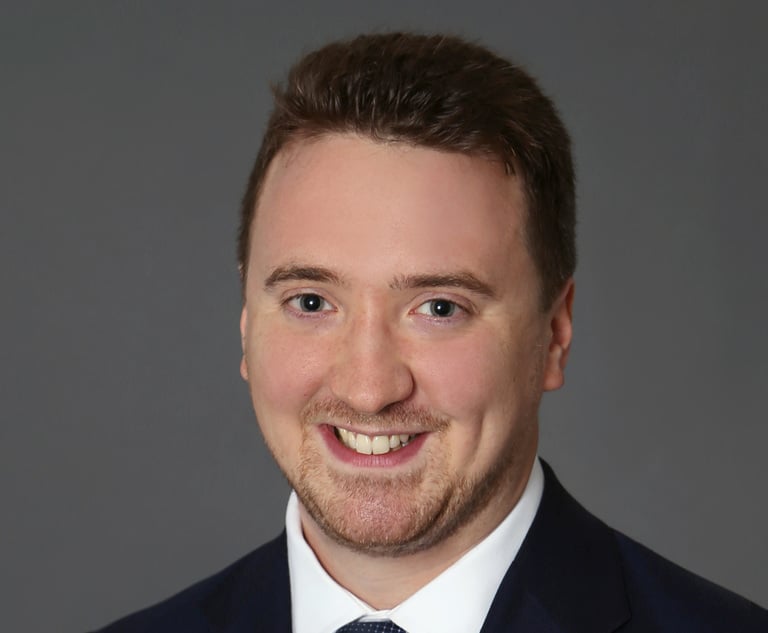Utah has been a leader in the growing movement across the United States to deregulate law firm ownership rules. At our Legal Business Strategy conference at Legalweek NY next month, we will spend some time digging into what these changes mean for law firms, clients, law companies, the general public and more. In this Q&A, we check in with Utah Supreme Court Justice Deno Himonas on what he and others have been doing in Utah and what deregulation means to him.
The American Lawyer: Can you share with us the latest updates on the changes to attorney ethics rules in Utah regarding loosening restrictions on nonlawyer involvement in the practice of law?


 Scott M. Matheson Courthouse, home of the Utah Supreme Court. (photo: Wikipedia)
Scott M. Matheson Courthouse, home of the Utah Supreme Court. (photo: Wikipedia)







